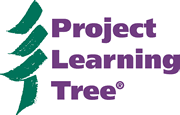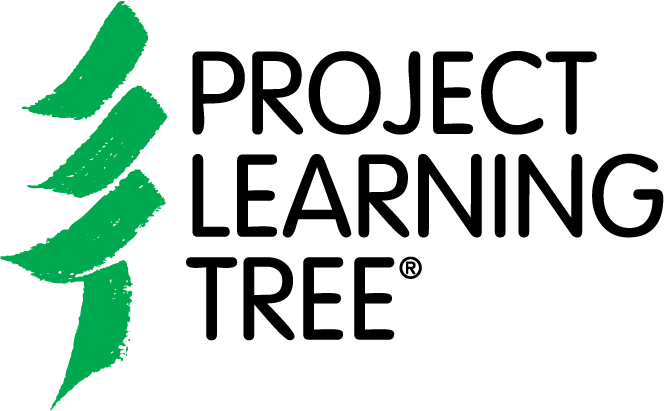September 16, 2024
Guest Contributor: This article was written by Dara Brewton from Corazón Latino. Dara is the National Reporting Manager for Corazón Latino but also wears a project manager hat from time to time. In her free time, she dabbles in acting, film making, and script writing.
The collaboration between Corazón Latino and Project Learning Tree (PLT) represents a powerful blend of cultural insight and environmental education. As these two organizations join forces, their combined efforts promise to make significant strides in fostering environmental stewardship within diverse communities.
Explora tu Ambiente
The launch of Project Learning Tree’s new Spanish-language guide, Explora tu Ambiente: Guía de Actividades K-8, represents a significant milestone in making environmental education accessible to Latino communities. Recognizing that mere translation is insufficient, PLT thoughtfully developed Explora tu Ambiente to ensure the educational materials are not just translated into the Spanish language, but also resonate more deeply with Spanish-speaking students.
Corazón Latino emphasizes the importance of culturally interpreting educational content. As Felipe Benitez, Executive Director of Corazón Latino, states, “Translations are not enough—word for word doesn’t always make sense. Language needs to be interpreted with the audience considered.” It was an approach carefully taken by PLT when creating Explora tu Ambiente as it ensures the educational materials resonate more deeply with Spanish-speaking students.
Tips for Connecting Multilingual Learners to Nature
- Bring activities that are engaging, fun, and rooted in environmental and scientific education.
- Bring music, arts, or sports to break the ice before starting the environmental education.
- Engage the whole family in the process from the toddlers to the abuelitos (grandparents).
Watch the Explora tu Ambiente Joint Webinar
On September 18, 2024, Corazón Latino and Project Learning Tree hosted a free one-hour webinar titled “¡Explora tu Ambiente! Nature Education for Latino and Multilingual Learners,” equipping educators with strategies and resources for engaging Latino and multilingual learners in environmental education.
The hour included a presentation on the guide itself, engaging activities, and Felipe’s insights on connecting with Latino communities, building authentic partnerships, and ensuring inclusivity in programming. This joint effort underscores the importance of culturally sensitive and engaging environmental education practices.
But Wait, There’s More!
If you’re heading to the NAAEE Conference in Pittsburgh, Pennsylvania, from November 6-9, 2024, be sure to add the “Engaging Latinx Communities: Inclusive Outdoor Learning Strategies and Activities” session to your schedule! On Thursday, November 7 from 4:50-5:30 pm ET, the joint presentation will highlight PLT and Corazón Latino’s commitment to engaging Latinx communities in outdoor learning.
Discover the benefits and challenges of such engagement and successful strategies for overcoming obstacles. Attendees will also learn about fun, culturally relevant activities designed for Spanish-speaking audiences and receive free activity materials. Emphasizing the importance of diversity and inclusivity in environmental education, the session aligns with the conference’s focus on advancing justice, equity, diversity, and inclusion in the field.
More About Corazón Latino
At the heart of Corazón Latino is a mission to reconnect Latino families with nature through culturally relevant and linguistically appropriate programming. Our award-winning non-profit is dedicated to fostering social, environmental, and conservation initiatives that emphasize reciprocity between humans and nature. We have a simple philosophy: “If we take care of nature, nature will take care of us.” It underscores everything we do — it is our commitment to nurturing environmental stewardship within Latino communities.
In 2023, Corazón Latino developed a curriculum specifically tailored for Puerto Rico, which was reviewed by environmental education experts and government representatives. It was eventually adopted by the Puerto Rico Department of Education! This curriculum, which serves over 259,000 students across 858 schools, was co-designed in consultation with local communities surrounding El Yunque National Forest. This collaborative approach ensures that the curriculum is not only educational but also relevant and engaging for Puerto Rico’s students.
Project Learning Tree’s mission to advance environmental education, forest literacy, and career pathways using trees and forests as windows on the world is in perfect harmony with ours, making the partnership a no-brainer!
We look forward to collaborating with Project Learning Tree to expand the reach and impact of both our work.



